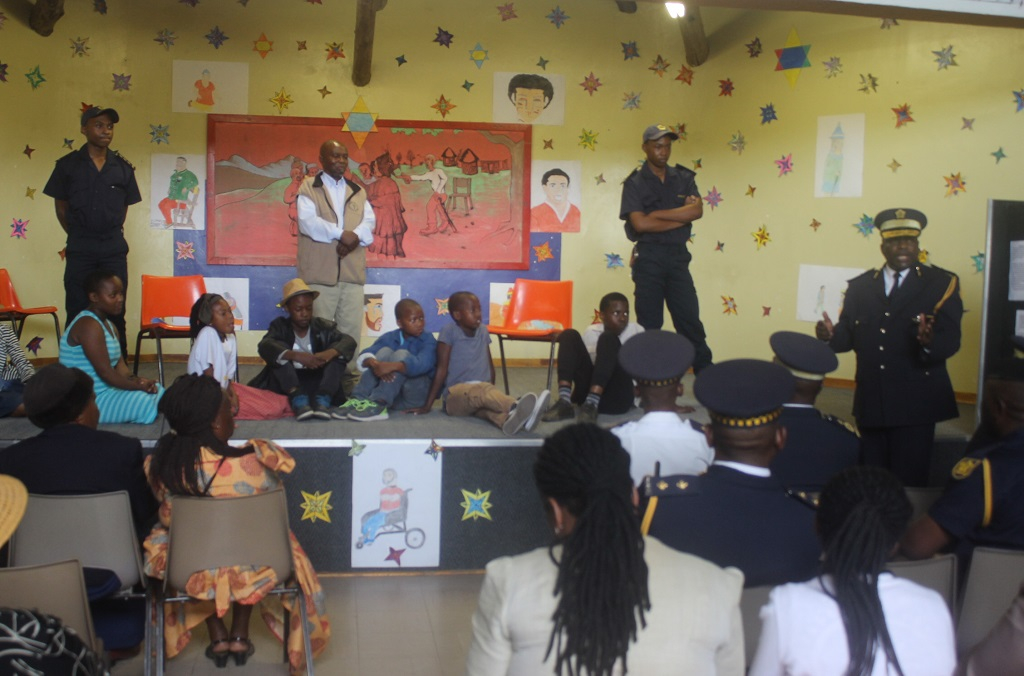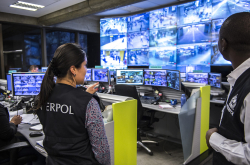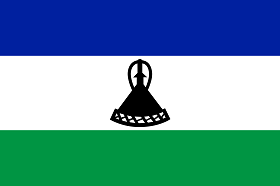 LESOTHO
LESOTHO
Tackling organized crime in Lesotho
Southern African organized crime syndicates are typically involved in a wide range of crimes including wildlife and forestry crime, particularly stock theft. They are also known to smuggle motor vehicles, firearms and people across the region’s borders, and to engage in large-scale cybercrime. For many years, Lesotho was used as a transit country for the smuggling and trafficking of people into neighboring countries.
Most crime networks engage in these crime areas simultaneously, using the same trafficking routes to move multiple forms of illegal produce across the region, often bringing violence, insecurity and economic loss.
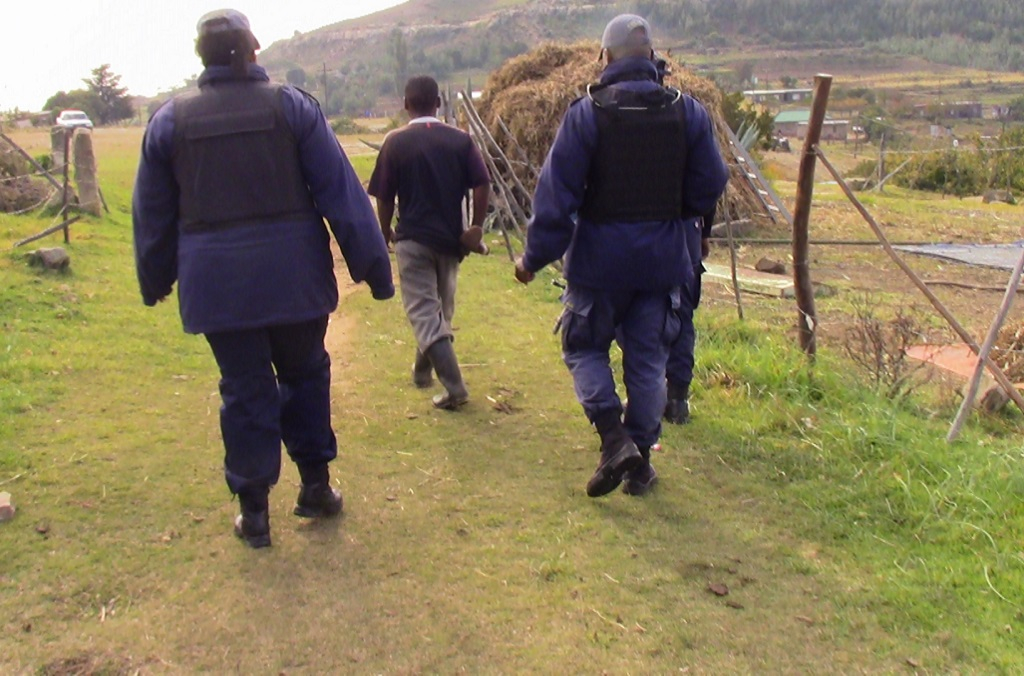
To anticipate, monitor, prevent and investigate these threats, and because crime networks invariably operate globally, it is essential for Lesotho’s law enforcement to have access to a global police cooperation tool enabling it to work with counterparts in all continents.
INTERPOL in Lesotho
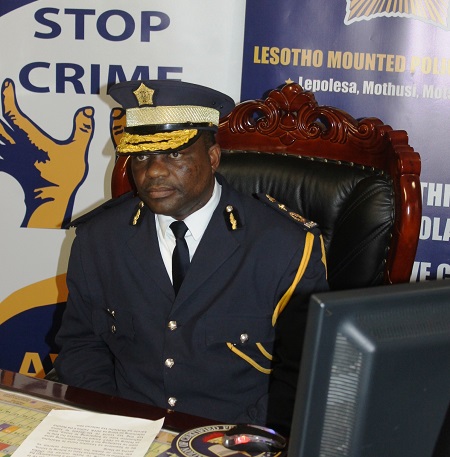
The INTERPOL National Central Bureau (NCB) in Maseru is Lesotho’s lead agency for national investigations requiring cooperation with police forces in other countries. Located at the Police Headquarters in Maseru district, the NCB is part of the Lesotho Mounted Police Service.
NCB Maseru works with NCBs globally in tackling the transnational crime groups which affect Lesotho’s national security. They share intelligence, monitor emerging trends and work together in targeted regional police operations.
NCB Maseru comprises 22 crime desks which specialize in crime areas ranging from cybercrime to fugitive investigations and terrorism, with a larger desk for tackling regional organized crime linked to trafficking in human beings.
Law enforcement in Lesotho
Law enforcement services in Lesotho are provided by the Lesotho Mounted Police Service (LMPS) under the command of the Minister of Police and Public Safety.
LMPS is organized operationally into three geographic regions, with police in each region working under the command of an Assistant Commissioner who in turn answers to the Commissioner of Police.
